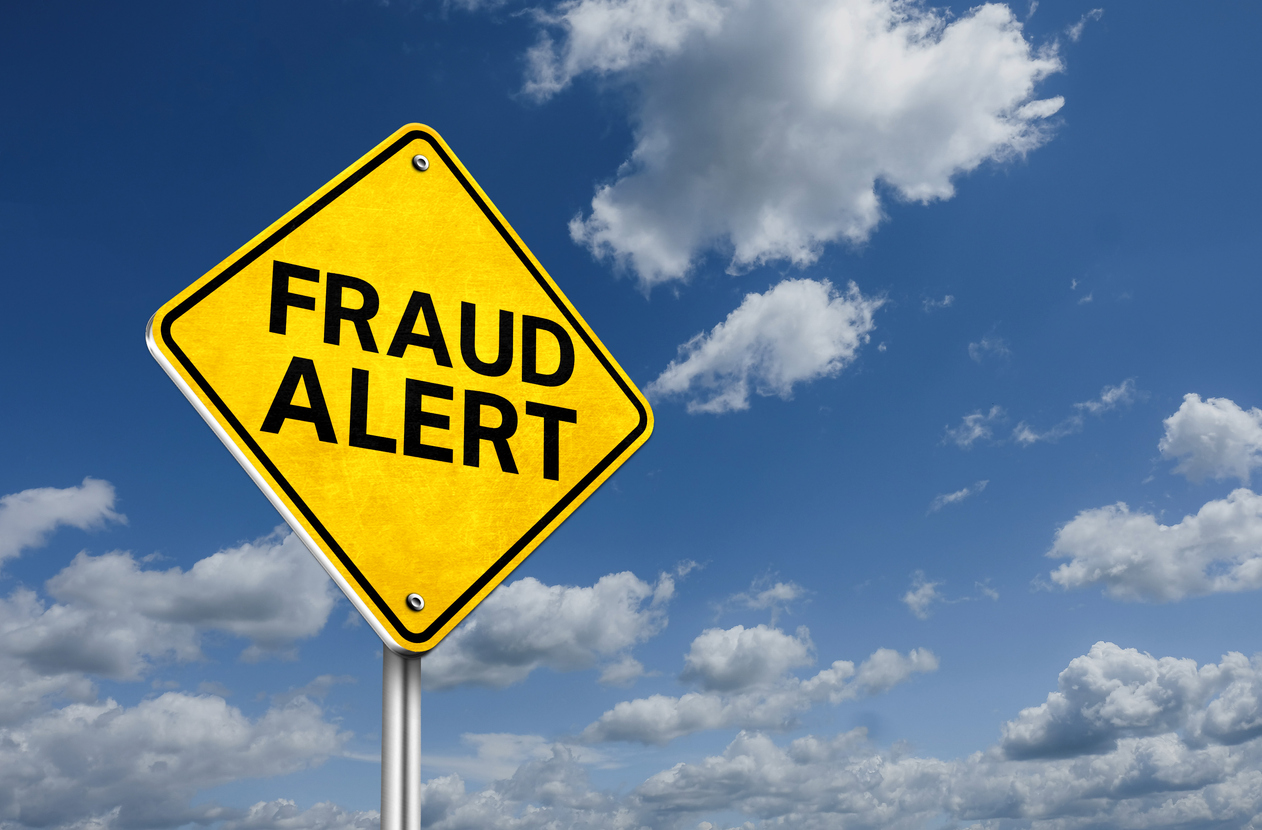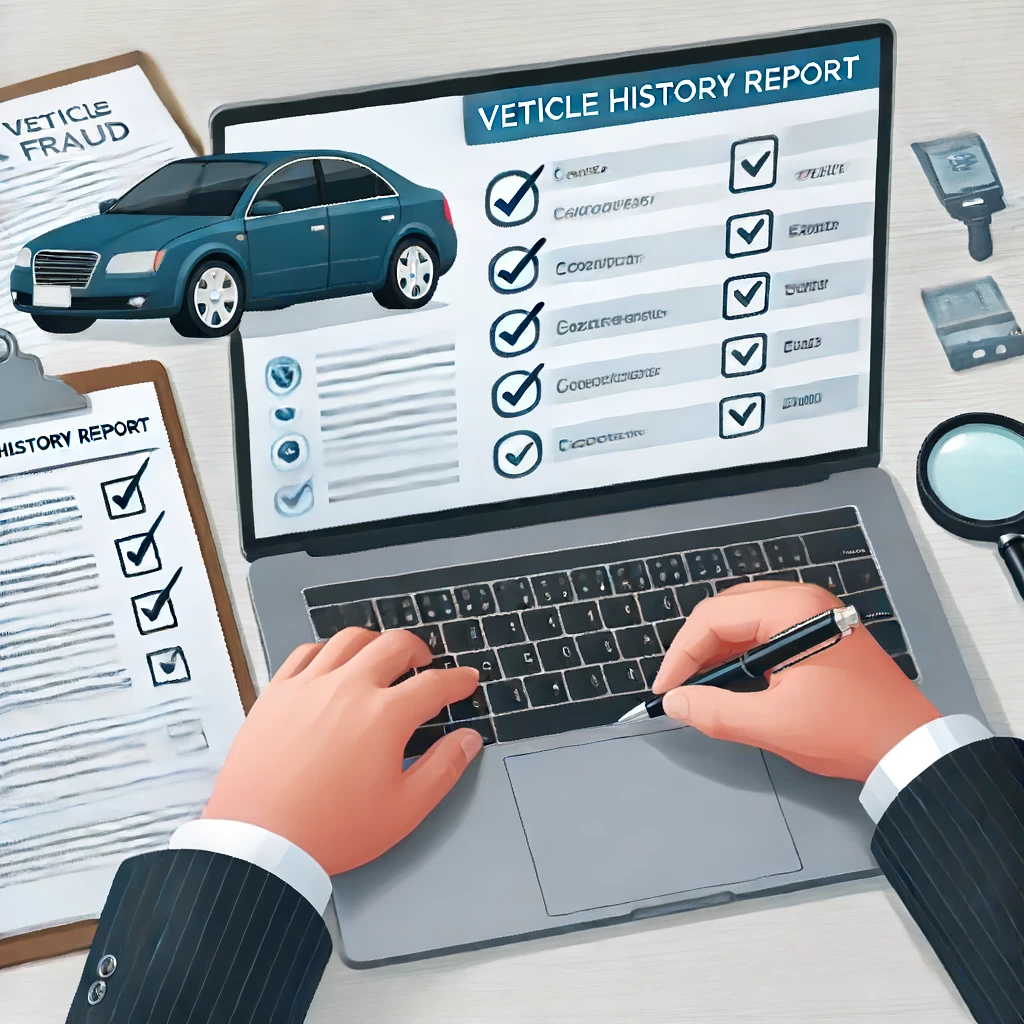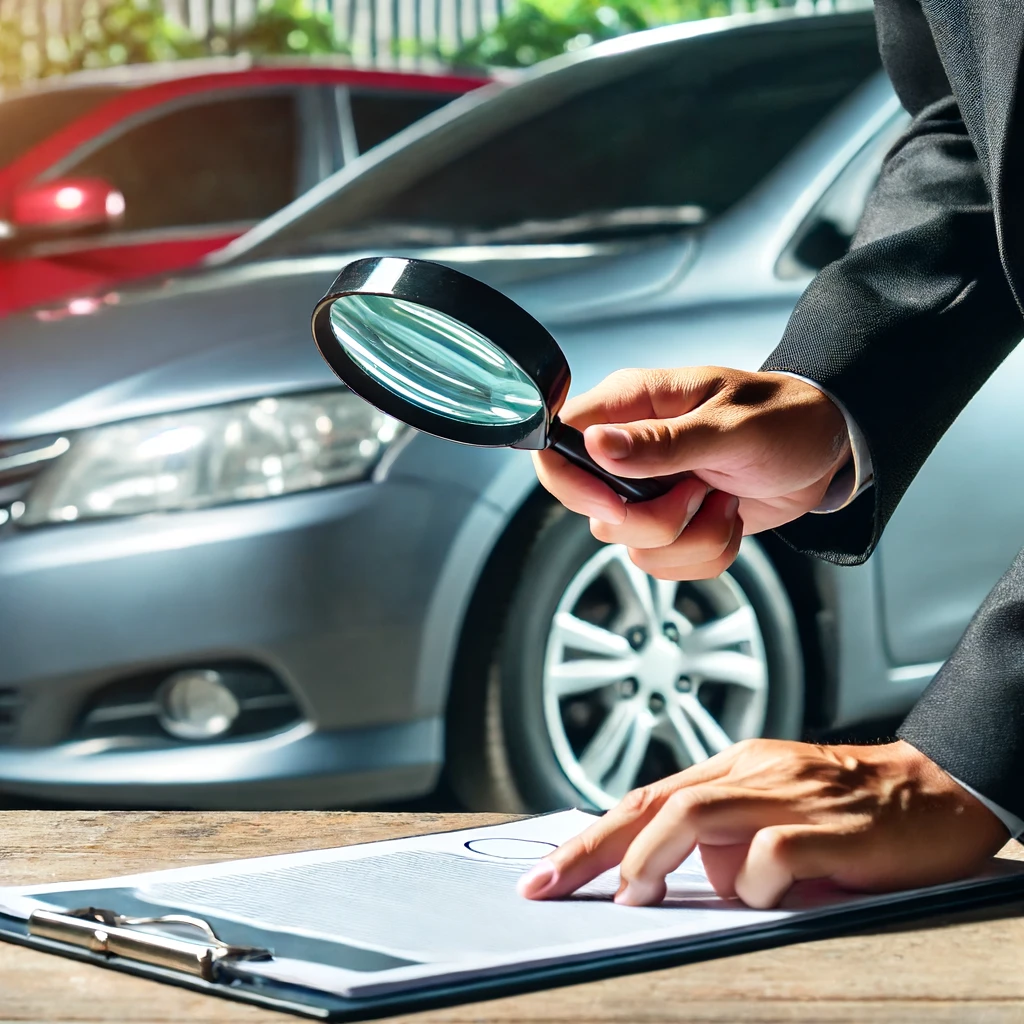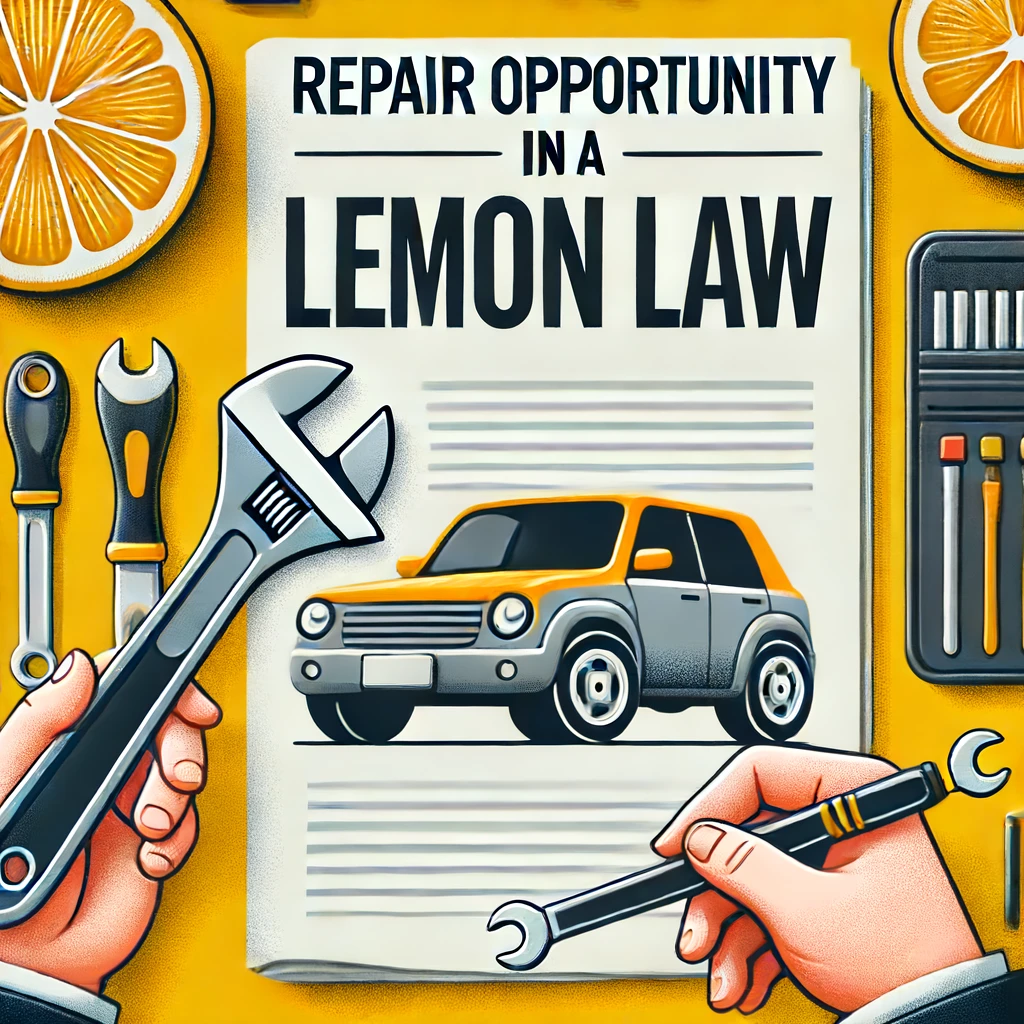Auto fraud is a prevalent issue that can affect anyone purchasing a vehicle. Understanding the common types of auto fraud and how to avoid them is crucial for protecting your investment and ensuring a smooth car buying experience. At Sierra Litigation, we represent consumers across California at no cost to you. Whether you’re in Los Angeles, San Francisco, San Diego, Sacramento, Fresno, Bakersfield, or any other part of the state, we’re here to help.
Common Types of Auto Fraud

1. Odometer Fraud
What It Is: Odometer fraud involves rolling back the odometer to make it appear that a vehicle has fewer miles than it actually does. This deception can significantly inflate the vehicle’s value and mislead buyers about the car’s condition.
Signs to Watch For:
- Inconsistent mileage readings on service records.
- Excessive wear and tear that doesn’t match the odometer reading.
- Scratches or other tampering signs around the odometer.
How to Avoid It:
- Obtain a vehicle history report from services like Carfax or AutoCheck.
- Compare the mileage on the odometer with service and maintenance records.
- Have the vehicle inspected by a trusted mechanic.
2. Title Washing
What It Is: Title washing involves altering a vehicle’s title to hide its history, such as previous damage from accidents, floods, or other significant events. This fraud can conceal critical information about the car’s safety and reliability.
Signs to Watch For:
- Inconsistent information on the title.
- Title issued in a different state to obscure its history.
- Missing or altered title documents.
How to Avoid It:
- Check the vehicle history report for title changes and incidents.
- Verify the title with your state’s Department of Motor Vehicles (DMV).
- Be cautious of vehicles with out-of-state titles.
3. Curbstoning
What It Is: Curbstoning is when unlicensed dealers pose as private sellers to avoid regulations. These sellers often deal in high-risk vehicles that might have undisclosed problems.
Signs to Watch For:
- Seller has multiple vehicles for sale.
- Seller cannot provide clear ownership documents.
- Vehicles sold in public places like parking lots or roadside.
How to Avoid It:
- Verify the seller’s identity and ownership documents.
- Be wary of sellers who refuse to meet at their home or a business location.
- Use online marketplaces cautiously and prefer established dealerships.
4. VIN Cloning
What It Is: VIN cloning involves stealing a Vehicle Identification Number (VIN) from a legally registered car and placing it on a stolen or salvaged vehicle. This can make it difficult to trace the car’s true history.
Signs to Watch For:
- Discrepancies in the VIN on different parts of the vehicle.
- Inconsistent information on vehicle documents.
- Difficulty registering the vehicle with the DMV.
How to Avoid It:
- Ensure the VIN on the car matches the one on the title and registration documents.
- Check for tampering signs around the VIN plate.
- Run a VIN check through a reputable service.
5. Yo-Yo Financing
What It Is: Yo-Yo financing occurs when a dealer allows you to take a car home before financing is fully approved, only to later call you back to renegotiate the loan terms, often at higher interest rates or with additional fees.
Signs to Watch For:
- Dealer urges you to take the car home immediately without finalizing the loan.
- Subsequent calls from the dealer asking you to return for new paperwork.
- Pressure to accept less favorable terms.
How to Avoid It:
- Ensure all financing is finalized before taking possession of the vehicle.
- Avoid dealers who pressure you into quick decisions.
- Review all loan documents carefully and consult with a financial advisor if needed.
How to Protect Yourself from Auto Fraud

Research Thoroughly
Know the Vehicle’s History
Before purchasing a vehicle, thoroughly research its history. Use services like Carfax or AutoCheck to obtain a comprehensive vehicle history report, which can reveal previous accidents, title issues, and more.
Get a Professional Inspection
Trusted Mechanic
Have the vehicle inspected by a trusted mechanic. A professional inspection can uncover hidden issues that may not be apparent during a test drive.
Verify All Documentation

Consistent and Clear Records
Ensure that all vehicle documentation, including the title, registration, and service records, are consistent and clear. Verify the VIN on the vehicle matches all documents and run a VIN check through a reputable service.
Use Reputable Dealerships
Licensed Dealers
Prefer purchasing from licensed dealerships with a good reputation. Check online reviews and ratings, and verify the dealership’s licensing status with your state’s regulatory body.
Success Stories: Real Clients, Real Results
Case Study 1: Laura from Sacramento
Laura purchased a used car that turned out to have significant undisclosed damage. She documented all issues and repair attempts, including photos and videos. With Sierra Litigation’s help, Laura successfully negotiated with the seller and received a full refund, including all related expenses.
Case Study 2: John from Fresno
John leased a car that developed electrical problems soon after purchase. He kept detailed records of each repair attempt and saved all related receipts. Sierra Litigation took his case to court, and John won, resulting in a replacement vehicle and compensation for his legal fees.
Frequently Asked Questions
How can I verify the accuracy of a vehicle’s mileage?
Obtain a vehicle history report and compare the mileage on the odometer with service and maintenance records. Have the vehicle inspected by a trusted mechanic for signs of tampering.
What should I do if I suspect title washing?
Verify the title with your state’s DMV and check the vehicle history report for title changes and incidents. Be cautious of vehicles with out-of-state titles.
How can I avoid curbstoning?
Verify the seller’s identity and ownership documents. Be wary of sellers who refuse to meet at their home or a business location. Use online marketplaces cautiously and prefer established dealerships.
What steps can I take to protect myself from VIN cloning?
Ensure the VIN on the car matches the one on the title and registration documents. Check for tampering signs around the VIN plate and run a VIN check through a reputable service.
Why Choose Sierra Litigation?
Expertise and Experience
Our team of seasoned attorneys has extensive experience handling auto fraud and Lemon Law cases across California. We understand the nuances of the law and are dedicated to securing the best outcome for our clients.
No Fees, No Hidden Costs
We represent consumers at no cost. Our fees are covered by the manufacturer, meaning you won’t pay a dime out of pocket.
Personalized Service
At Sierra Litigation, we pride ourselves on providing personalized service to each client. We understand that every case is unique, and we tailor our approach to meet your specific needs.
Statewide Representation
Whether you’re in Los Angeles, San Francisco, San Diego, Sacramento, Fresno, Bakersfield, or anywhere else in California, Sierra Litigation is here to help. We offer statewide representation, ensuring that no matter where you are, you have access to top-notch legal support.
Contact Us Today
If you believe you are a victim of auto fraud, don’t wait—contact Sierra Litigation today. Our experienced attorneys are ready to assist you in navigating the complexities of auto fraud and ensuring you receive the compensation and justice you deserve.





